-
Welcome to Tacoma World!
You are currently viewing as a guest! To get full-access, you need to register for a FREE account.
As a registered member, you’ll be able to:- Participate in all Tacoma discussion topics
- Communicate privately with other Tacoma owners from around the world
- Post your own photos in our Members Gallery
- Access all special features of the site
87 vs. 89 vs. 91 Octain fuel. My findings....
Discussion in 'Performance and Tuning' started by chris4x4, Sep 23, 2008.
Page 4 of 4
Page 4 of 4


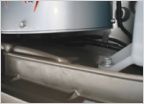 True Flow-XDI CAI installed !!
True Flow-XDI CAI installed !!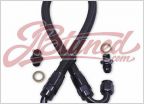 URD Fuel Pump Upgrade fittings
URD Fuel Pump Upgrade fittings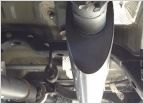 Upgraded exhaust
Upgraded exhaust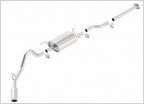 Second Gen Exhaust
Second Gen Exhaust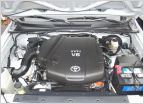 So how do I fabricate this to work? Is it even possible?
So how do I fabricate this to work? Is it even possible?








































































